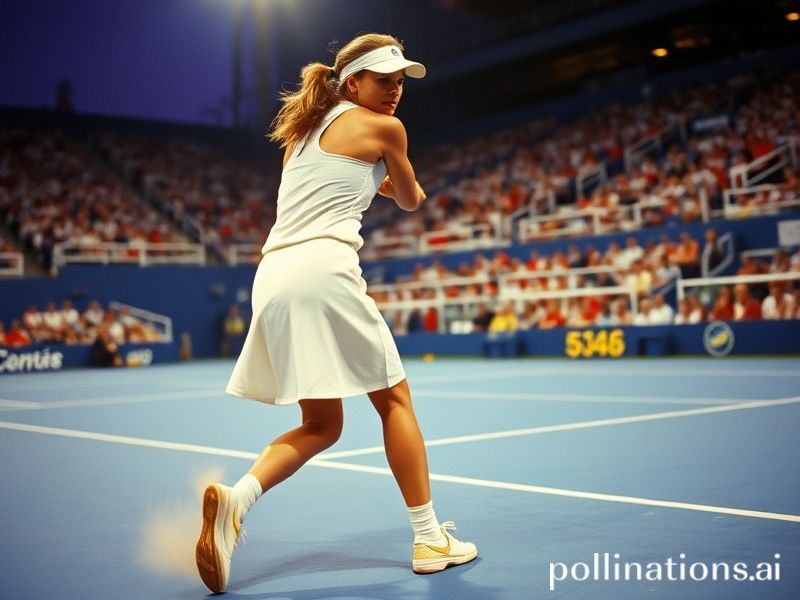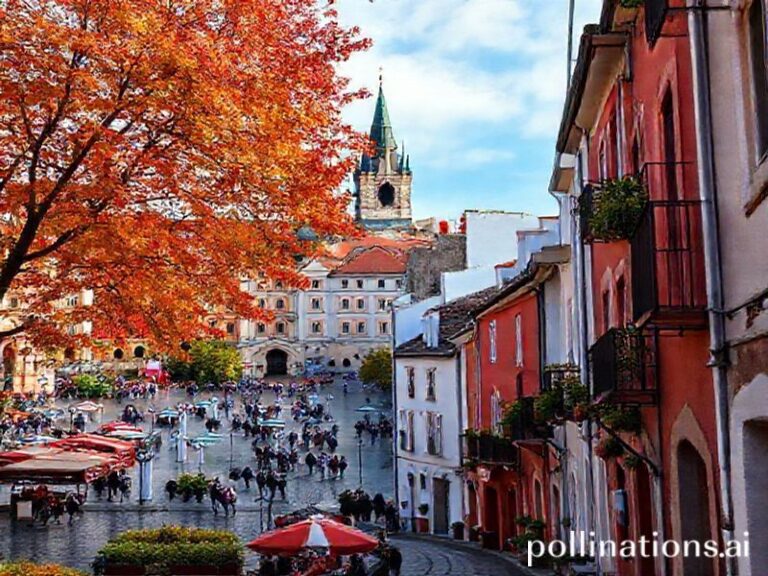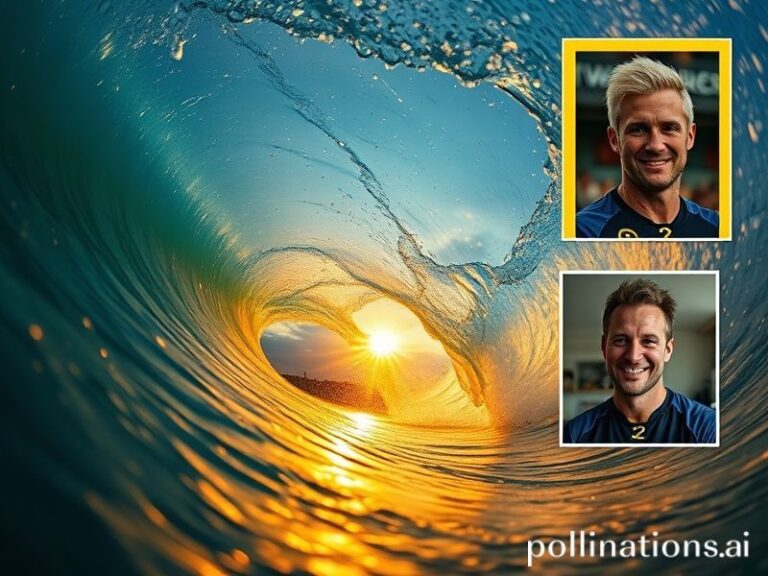Ice, Iron Curtains & Instagram: Chris Evert’s Global Afterlife as Tennis’s Last Cool Diplomat
PARIS—Somewhere between the genteel pop of champagne corks on the Champs-Élysées and the less-genteel pop of another dislocated knee on the hard courts of Melbourne, Chris Evert keeps resurfacing like a polite ghost at the banquet of modern sport. The woman once known as the “Ice Maiden” still skates through global conversations—usually right when some 19-year-old prodigy melts down on live TV, or when a Grand Slam final feels more like a crypto commercial than a tennis match. In those moments, Evert’s name is invoked the way diplomats invoke détente: a reminder that poise, precision, and a baseline game so tight it could double as a Swiss bank vault once ruled the world.
Let’s not romanticize too much, though. Evert’s heyday in the 1970s and ’80s coincided with the height of the Cold War, when geopolitical tensions were resolved less by serve-and-volley and more by who could stockpile the most warheads. Tennis, improbably, became one of the few arenas where East and West agreed to meet without immediately threatening mutual annihilation. Evert—cool, unflappable, hair always obeying some secret non-proliferation treaty—was the neutral zone in a pleated skirt. While Brezhnev and Reagan traded barbs, she traded cross-court backhands with Martina Navratilova, a defector whose very existence was a political statement. Their rivalry drew television audiences the size of medium-sized nations, proving that soft power could be just as compelling as the hard stuff, and considerably better for ratings.
Fast-forward to 2024, when every serve is scrutinized by Hawkeye, every grunt goes viral on TikTok, and the only “Iron Curtain” left is the one separating players from their agents. Evert has become a living time capsule of a pre-internet civilization. She commentates now, offering clipped observations in a tone that suggests she’s already seen whatever disaster you’re about to describe and filed it under “Unforced Error.” Watching her dissect a meltdown by the latest phenom from whichever tennis factory state is currently ascendant—Norway, Tunisia, the Kyrgyzstan Academy for the Chronically Gifted—you sense a quiet, almost archaeological amusement. She’s been here before, only the rackets were smaller and the existential dread marginally larger.
Globally, Evert’s legacy has mutated into something resembling a moral Rorschach test. In China, state broadcasters cite her 18 Grand Slam singles titles as evidence of bourgeois individualism’s ultimate triumph over collectivist mediocrity—never mind that half the country is currently banned from watching its own players for “reasons.” In the United States, cable networks splice her vintage matches into documentaries about the decline of Western civilization, conveniently ignoring that the same networks now cut to commercial mid-rally. Across Europe, boutique academies charge oligarchs’ offspring €50,000 a summer to learn the “Evert footwork pattern,” which mostly involves looking serene while the world burns.
And then there’s the matter of style. Evert played tennis like a German car assembly line: efficient, reliable, engineered to outlast your patience. Today’s stars play like influencer collabs—flashy, algorithm-friendly, and prone to spontaneous combustion. The contrast fuels a booming nostalgia industry. Limited-edition Evert racquets (now manufactured in Vietnam, naturally) sell out in minutes. NFTs of her 1976 French Open final—each pixel lovingly authenticated on a blockchain nobody understands—trade for sums that could bail out a small island nation. Somewhere in Silicon Valley, a startup is training an AI to replicate her backhand, presumably so future androids can comfort us when the last polar bear files for bankruptcy.
Yet for all the monetized memory, Evert herself remains almost unnervingly human. Diagnosed with ovarian cancer in 2022, she stepped away from commentary, then returned—hair shorter, voice softer, but still deploying that surgical politeness. In interviews she speaks of “perspective,” which in celebrity-speak usually means “I’ve hired a wellness guru.” With Evert it feels earned, the natural endpoint of a life spent calculating angles while the planet pivoted from détente to doomscroll. She’s become a strange sort of secular saint: the patron of calm in the face of inevitable break point.
So when the next prodigy implodes on Court Philippe Chatrier, keep an eye on the broadcast cutaway. There she’ll be, a lone figure in the commentary box, lips pursed in that half-smile suggesting she’s seen the future and found it slightly underwhelming. The world keeps serving chaos; Chris Evert keeps sending it back down the line, deep to the corner, just inside the baseline—an unreturnable reminder that grace, like history, has a long rally indeed.







